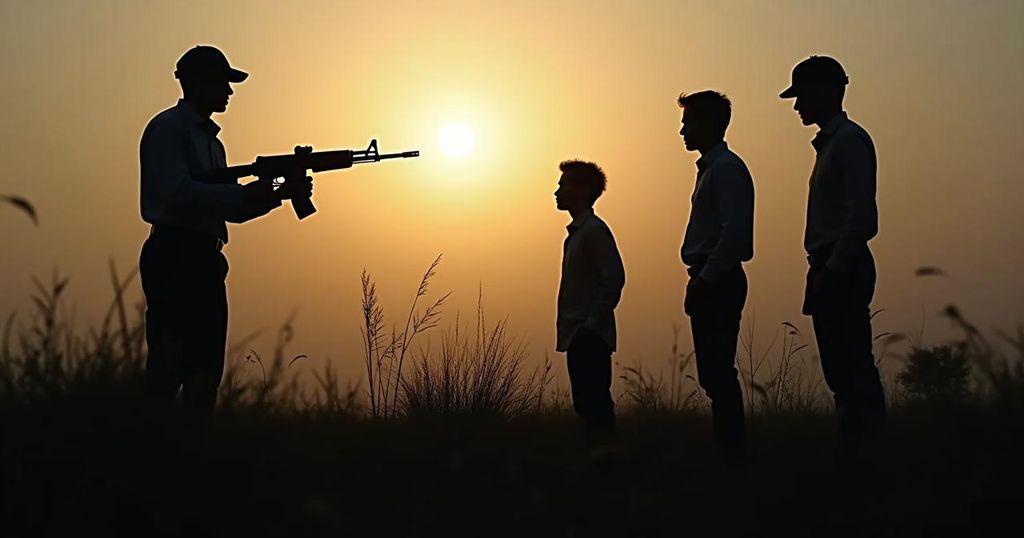UN Urges Swift Action in Arshad Sharif Murder Investigation
A UN expert has called on Kenya and Pakistan to intensify their investigations into journalist Arshad Sharif’s killing, following a ruling by the Kenyan High Court that deemed his death unlawful. Despite the ruling and compensation order, no charges have been filed against police linked to the incident. The UN emphasizes the need for accountability to combat impunity in journalist killings.
In a pressing appeal, a United Nations expert has called on both Pakistani and Kenyan authorities to expedite their investigations into the killing of journalist Arshad Sharif, which occurred nearly two years ago in Kenya. The Special Rapporteur on freedom of opinion and expression, Irene Khan, emphasized the importance of pursuing accountability in light of a recent ruling by the Kenyan High Court that deemed Sharif’s death to be “unlawful, arbitrary, and disproportionate.” Despite this significant legal judgment, which determined that the Kenyan government must compensate Sharif’s family, no arrests or charges have been initiated against the implicated police personnel. Ms. Khan has expressed profound concern over the lack of action from both governments to fully assure the clarity and resolution of this case. Furthermore, the Kenyan High Court’s ruling, delivered on July 8, recognized the unlawful and unconstitutional nature of the lethal force used in Sharif’s demise and mandated the government to pay 10 million shillings to his family. While this judgment marks a notable victory, the intended effect will only be realized if the associated perpetrators are brought to justice. In light of recent international correspondence, UN experts have urged the respective governments to investigate the circumstances leading to Sharif’s exile, confirming the necessity for a transparent exploration of whether his murder constituted a transnational crime. Ms. Khan firmly asserted, “Justice for Mr. Sharif and his family will not be done until the circumstances behind this murder are fully clarified.” The ongoing insistence from the United Nations underlines the urgent need for political will from Kenyan and Pakistani leadership to ensure accountability in this grievous matter, thereby addressing the overarching challenges of impunity in cases of violence against journalists.
The killing of journalist Arshad Sharif in Kenya has raised significant international concerns regarding the safety of journalists and the accountability of state officials. His death, which occurred amidst allegations of unlawful force and in a context of political pressure, has prompted calls for thorough investigations from both governments involved. The Kenyan High Court’s landmark ruling designated his death as unlawful, emphasizing the necessity for further action to ensure that justice is served. This ongoing situation reflects broader issues of press freedom and human rights in regions where political tensions can jeopardize the safety of journalists.
In summary, the United Nations has urged immediate action from Kenyan and Pakistani authorities to investigate the killing of journalist Arshad Sharif and to hold accountable those responsible for his death. The historical ruling from the Kenyan High Court underscores the unlawful nature of his killing, yet the lack of arrests or charges raises serious concerns about the commitment to justice in this case. It is imperative that both governments demonstrate political will to address this issue and set a precedent for the protection of journalists.
Original Source: www.dawn.com




Post Comment